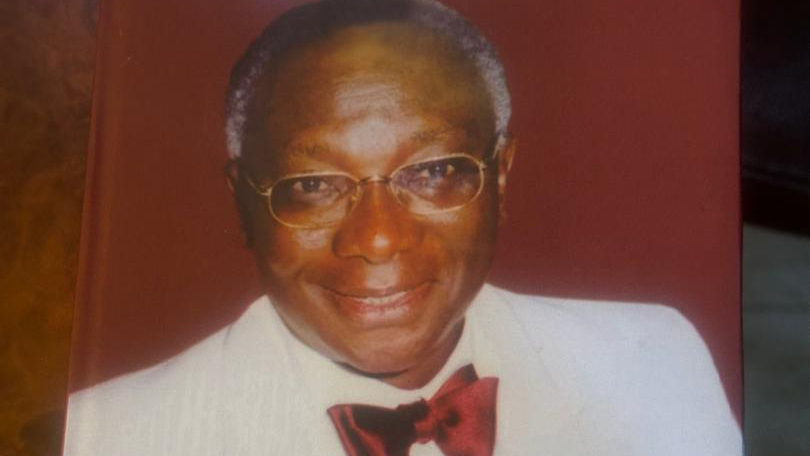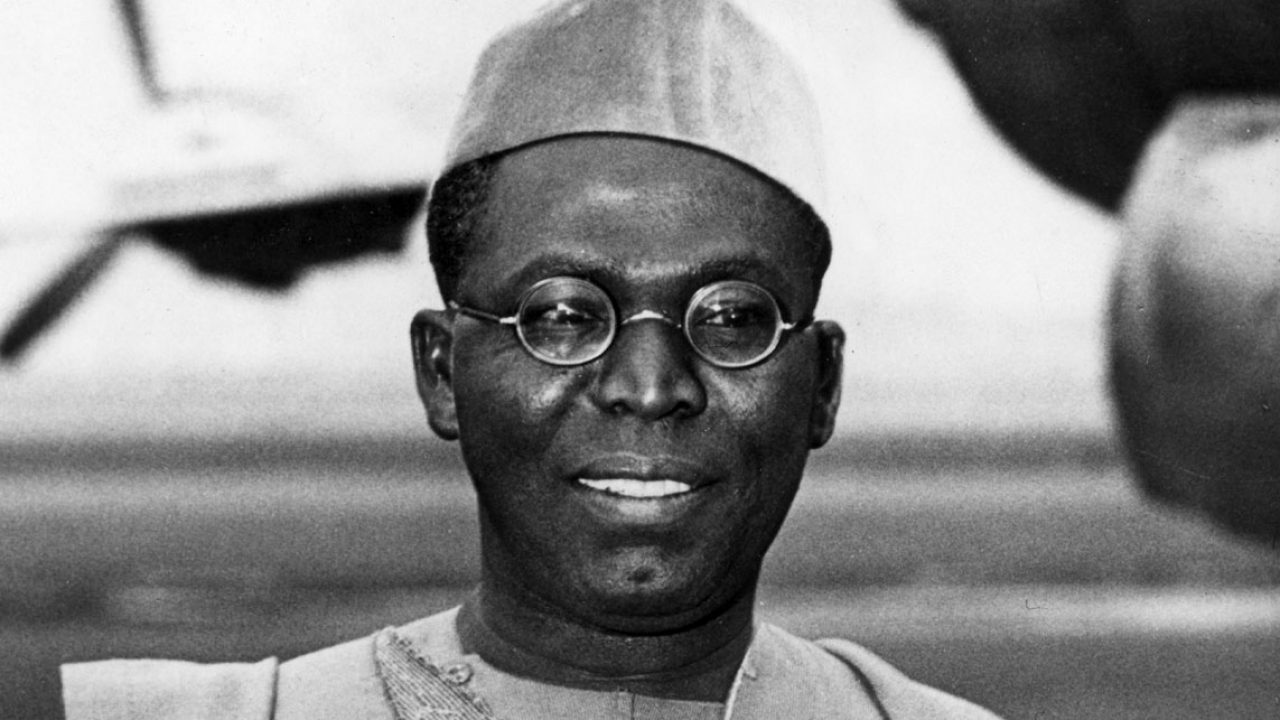Nigeria’s paradoxes never cease to fascinate — and frustrate. One of the most striking is the way we think about ownership, entitlement, and the meaning of “One Nigeria.”
When oil and gas are extracted from the Niger Delta, they are called “national resources.” We are told they belong to all Nigerians — north, south, east, and west. The logic is that these resources are the collective inheritance of the federation. They are “no man’s property,” held in trust by the government for the benefit of all. Yet, when the conversation shifts to land –especially the Federal Capital Territory (FCT) – the same Nigerians who insist on sharing oil wealth suddenly become fierce tribal landlords. This contradiction exposes a deep intellectual laziness and moral inconsistency that underpins our national discourse.
The Double Standard Of Ownership
When the oil wells of the Niger Delta are nationalised, nobody cries foul in the name of regional autonomy. But when the conversation moves to Abuja – the political heart of the nation – suddenly, history is resurrected, and ancestral claims are brandished like land titles. “It is our land,” some insist. “It belongs to our forefathers.”
But if we truly believe in federal unity, then the FCT must remain what it was designed to be – ‘a neutral space,’ a ‘No Man’s Land,’ belonging to every Nigerian and no single tribe. That was the very reason it was carved out: To escape the tribal ownership and regional dominance that had plagued Lagos as the former capital. To deny that principle now is to betray the spirit of the federation.
Rapacious Clowns And The Theatre Of Hypocrisy
There is something comical – almost tragic – about those who want to eat national cake from someone else’s kitchen but lock their own doors when it comes to sharing their land. They want to drink from the Niger Delta’s oil wells but build tribal fences around the FCT.
This is not patriotism. It is predation disguised as nationalism. It is the behaviour of rapacious clowns – actors in a tragicomic play who perform outrage only when their own interests are touched.
True ownership of a nation is not about where your ancestors hunted or farmed. It is about the values you build, the institutions you defend, and the sacrifices you make to sustain the whole.
The Courage To Leave Home
There is an African proverb that says, “Only the brave leaves their father’s compound to find new beginnings.” Every Nigerian living and working outside their ancestral home is exercising courage – the courage to belong elsewhere, to build where they were not born, to claim stake in a shared destiny. This is what the FCT symbolises – a place where all can come, build, contribute, and belong. It is the geographical expression of national courage. To call it “our land” is to miss the point entirely.
Towards A Mature Federation
For Nigeria to mature, we must outgrow the tribal reflex that measures everything through the lens of ownership. Real nations are built not on claims, but on contributions. Not on ancestry, but on accountability.
Until we apply the same “One Nigeria” principle to land as we do to oil, we will continue to be a house divided – united only by hypocrisy and self-interest.
Let us therefore stop these lazy arguments about who owns the FCT. The only thing worth owning is responsibility – the responsibility to make Nigeria work, to make her fair, and to make her truly ours. Nigeria is not a tribal inheritance. It is a collective project. And projects fail not because they lack resources, but because they lack honest builders.
Dr. Okoroafor, an entrepreneur and policy advocate, wrote from the UK.






